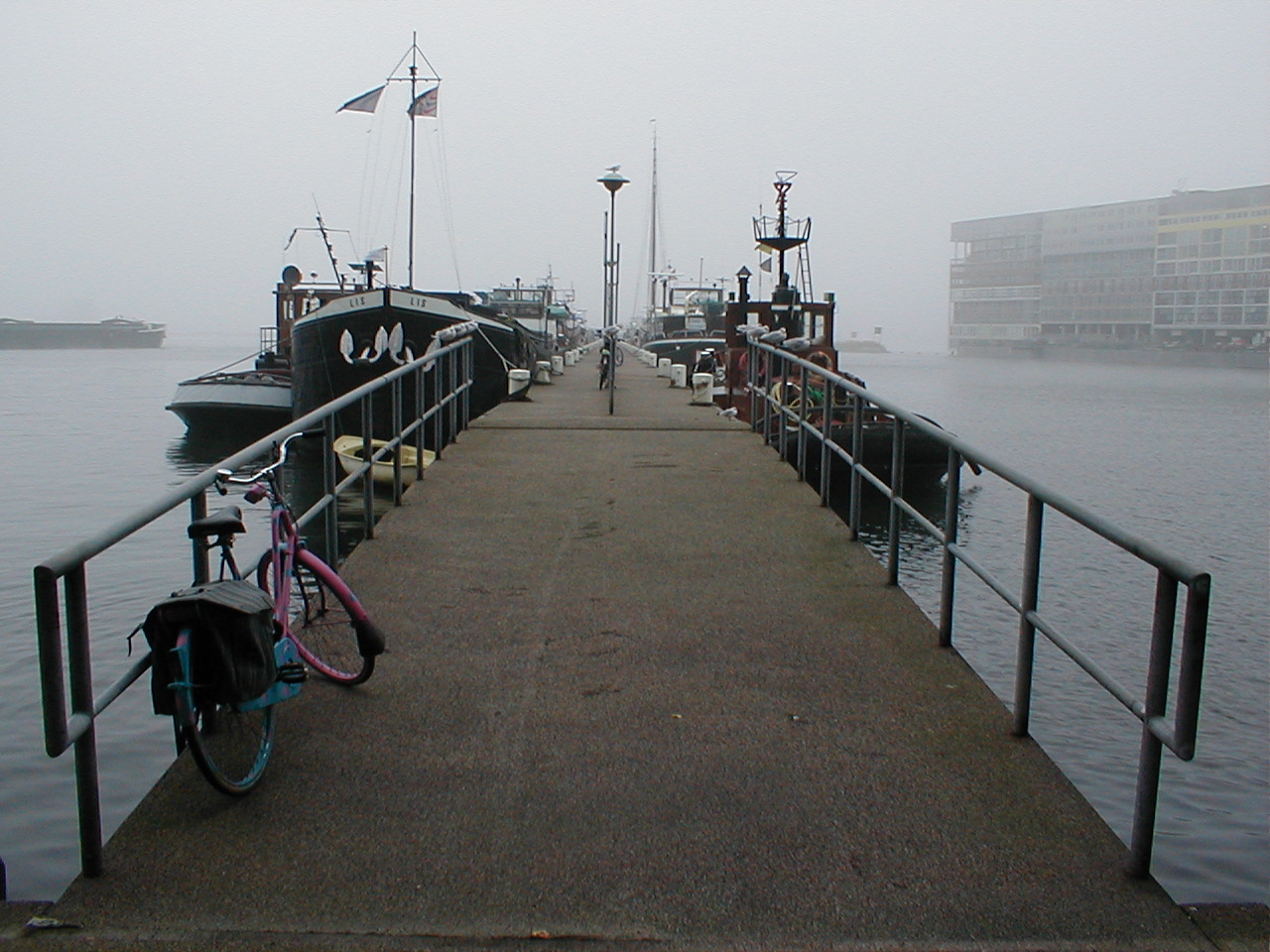Introduction:
 Heroin addiction is now a pervasive and serious concern inside our society. This report aims to highlight the considerable impact of heroin addiction, its reasons, effects, as well as the available treatment options. By checking out this complex topic, we hope to teach readers and motivate preventative measures to combat the damaging ramifications of heroin addiction.
Heroin addiction is now a pervasive and serious concern inside our society. This report aims to highlight the considerable impact of heroin addiction, its reasons, effects, as well as the available treatment options. By checking out this complex topic, we hope to teach readers and motivate preventative measures to combat the damaging ramifications of heroin addiction.
Causes:
Several factors play a role in the development of heroin addiction. One major cause may be the boost in the availability of cheap and powerful heroin shopping. This enables individuals to test out the medicine and eventually get into a cycle of addiction. Furthermore, individuals with a history of other substance abuse, particularly prescription opioids, tend to be more at risk of developing a heroin addiction. Socioeconomic facets, including poverty and decreased access to training and resources, additionally perform a substantial role in fueling addiction.
Impact and effects:
Heroin addiction has far-reaching effects on people, people, and communities. Physically, it presents extreme health risks, including breathing depression, collapsed veins, and organ harm. The risk of overdose normally notably higher with heroin usage. Psychologically, addiction to heroin can lead to serious depression, anxiety, and changes in character, often pressing individuals into circumstances of constant frustration.
The ripple outcomes of heroin addiction extend to families and communities. Connections become strained, trust is eroded, and help systems disintegrate. Families frequently endure financial hardships as they attempt to secure pricey Jintara Rehab treatments. In communities affected by heroin addiction, criminal activity prices have a tendency to rise, as individuals resort to unlawful tasks to invest in their particular addiction.
Treatment Options:
Dealing with heroin addiction requires a multifaceted method. Detox, the first step, helps individuals overcome physical reliance upon the drug. Medicines like methadone, buprenorphine, and naltrexone facilitate managing detachment signs, decreasing cravings, and avoiding relapse. Behavioral therapies, such as for example cognitive-behavioral therapy (CBT) and contingency administration, work well in addressing the mental areas of addiction and assisting people develop healthiest coping mechanisms. Moreover, support groups and aftercare programs supply people with the continuous support they must preserve a drug-free life style.
Protection:
Avoidance plays a crucial role in handling the heroin addiction crisis. Education in regards to the risks and effects of heroin usage should-be included into school curriculums, increasing awareness from an early age. Communities and healthcare providers also needs to work together to improve accessibility drug abuse therapy services and assistance solutions. Employing damage reduction methods, including clean needle trade programs and naloxone circulation, can help to save resides and minimize the unfavorable impacts on communities.
Conclusion:
Heroin addiction is a growing crisis that demands immediate interest. By comprehending the reasons, consequences, and treatment plans, we could develop effective ways of combat this destructive epidemic. Prevention efforts, along with extensive therapy programs, are crucial in breaking the cycle of addiction and assisting people reclaim their particular life. It is vital that society covers this issue collectively, prioritizing training, empathy, and help for those suffering from heroin addiction.
